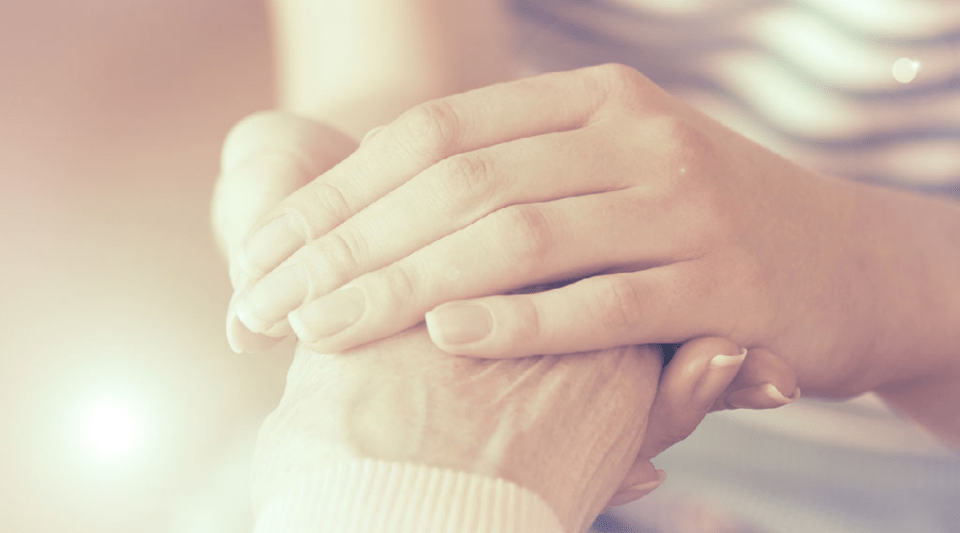An ageing population and the presence of chronic diseases mean that more and more people are having to assume the role of caregiver. Looking after a dependent person at home is not easy and has a great impact on those involved in the care.
Caring for such people often requires a level of specific knowledge and skills that the caregiver does not have. That is why caregivers must "be trained", both physically and emotionally, to perform this new role adequately without it affecting their own health. Often overlooked by the caregiver, the main aspect is taking care of oneself. If caregivers are not capable of looking after themselves, they will not be able to care for the dependent person. The caregiver must learn to:
- Ask for help.
Caregivers tend to manage the situation on their own without asking for help. They should keep in mind the need to clearly and expressly ask for help from those around them, to deal with the new situation more efficiently and healthily. It is important for everyone involved in the care of the dependent person to get together and organise themselves better. Even those who receive no help from their immediate environment can resort to services, institutions and associations for help in providing care.
- Time management.
For optimal time management, it is a good idea to make a list of tasks to be carried out throughout the day, prioritise them and assign rest times between each. The degree of autonomy of the dependent person when carrying out these tasks should be assessed and they should be encouraged to do as much as possible for themselves. These actions help caregivers to be aware if they are getting too involved or if the dependent person demands disproportionate attention.
- Maintain healthy habits.
In addition to maintaining a good diet and performing regular moderate exercise, caregivers should leave the house to keep up their hobbies and friendships. They should also find time throughout the day to stop and rest; especially before going to sleep, when it is advisable to do some kind of relaxing activity. They should sleep for 7-8 hours, as long as caring for the dependent person allows this. If not, they should take turns with another caregiver or family member.
- Listen the body's warning signals to take action.
Looking after a dependent person can have ups and downs that affect both the mental and physical health of caregivers. They need to be aware of this and take the necessary measures to improve the situation. Some warning signs are tiredness, isolation, increased or decreased appetite, mood swings, increased irritability, palpitations, tremors, difficulty concentrating or making decisions and increased consumption of toxic substances (such as alcohol or tobacco) or drugs.
- Accept that the caregiver has certain rights.
Being a caregiver does not mean giving up on oneself. Caregivers have the right to take time for themselves without feeling guilty. They do not have to be experts in everything and they have the right to ask for help whenever they need it. They also have the right to say “no” to certain excessive, inappropriate or unrealistic demands and to continue with their own lives.






